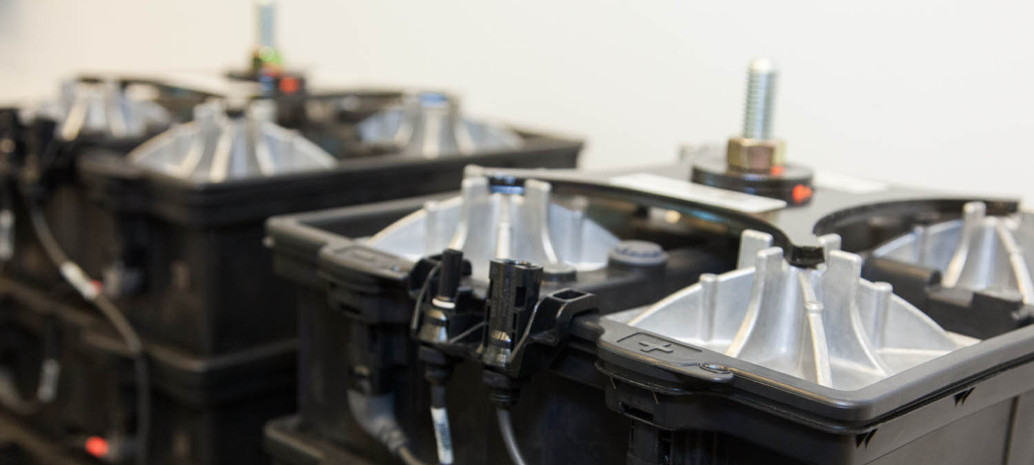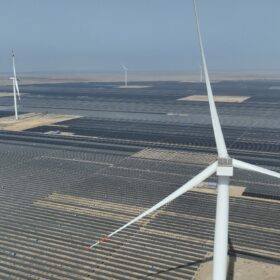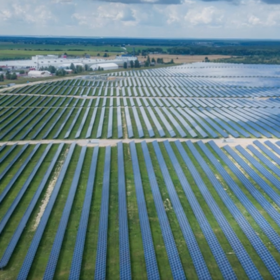The government of India has approved a National Mission on Transformative Mobility and Battery Storage, to drive “clean, connected, shared and sustainable mobility initiatives in the country”. The decision was taken at a meeting of the Union Cabinet chaired by prime minister Narendra Modi.
The cabinet also approved a Phased Manufacturing Program to support large-scale, export-competitive integrated batteries and cell-manufacturing giga plants in India, along with another program to localize production across the electric vehicles value chain. The two programs are intended to run until 2024.
To implement gigawatt-scale battery manufacturing, a National Storage Mission will initially focus on large-scale module and pack assembly plants during the fiscal year that starts next month, followed by integrated cell manufacturing by 2021-22. It will prepare a roadmap for India to leverage its size to produce innovative, competitive multi-modal mobility solutions to be deployed globally.
The mission, chaired by the National Institution for Transforming India policy thinktank, will include secretaries from the ministries of Road Transport and Highways; Power; and New and Renewable Energy; and the departments of Science and Technology; Heavy Industry; and the Promotion of Industry and Internal Trade; as well as the director-general of the Bureau of Industrial Standards.
Competing on the global stage
Welcoming the government’s decision, Debi Prasad Dash, executive director of the India Energy Storage Alliance (IESA), told pv magazine: “The representation of eight ministries and departments will definitely bring appropriate co-ordination on appropriate policy creation. India has a significant market potential for batteries and electric vehicles. Electric vehicles are creating a big demand and due to this demand, the cost of batteries will further come down. IESA estimates the market for energy storage would grow to over 300 GWh during 2018-25. It is working with various EV and charging infrastructure companies through its MOVE – Moving Onwards with Vehicle Electrification – initiative to catalyze the adoption, through indigenous manufacturing, of EV components.
“Currently, more than ten companies are engaged in module and li-ion pack assembly in India and we expect four to five large companies to enter cell manufacturing in the next two to three years. With appropriate policy support through this mission, Indian companies will be able to diversify into [the] energy storage business. Through [the] Make In India initiative, India will able to compete with China, Australia, Germany, [the] USA, Taiwan, South Korea and other li-ion manufacturing countries.”
This content is protected by copyright and may not be reused. If you want to cooperate with us and would like to reuse some of our content, please contact: editors@pv-magazine.com.









As you are aware the type of batteries for long range quick charge & the short range slow charging are different. So the standardisation of charging infra and battery specs needs to be there before anyone embarks on manufacturing. otherwise the investment may go waste.